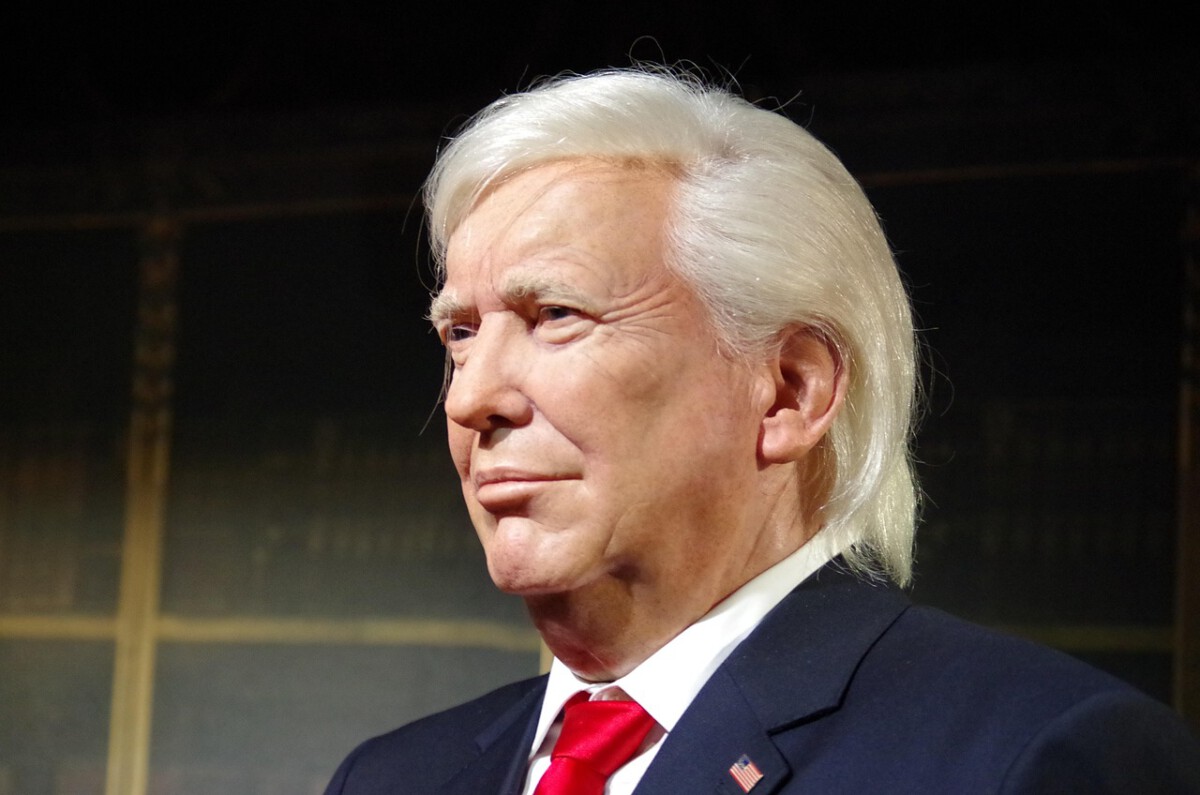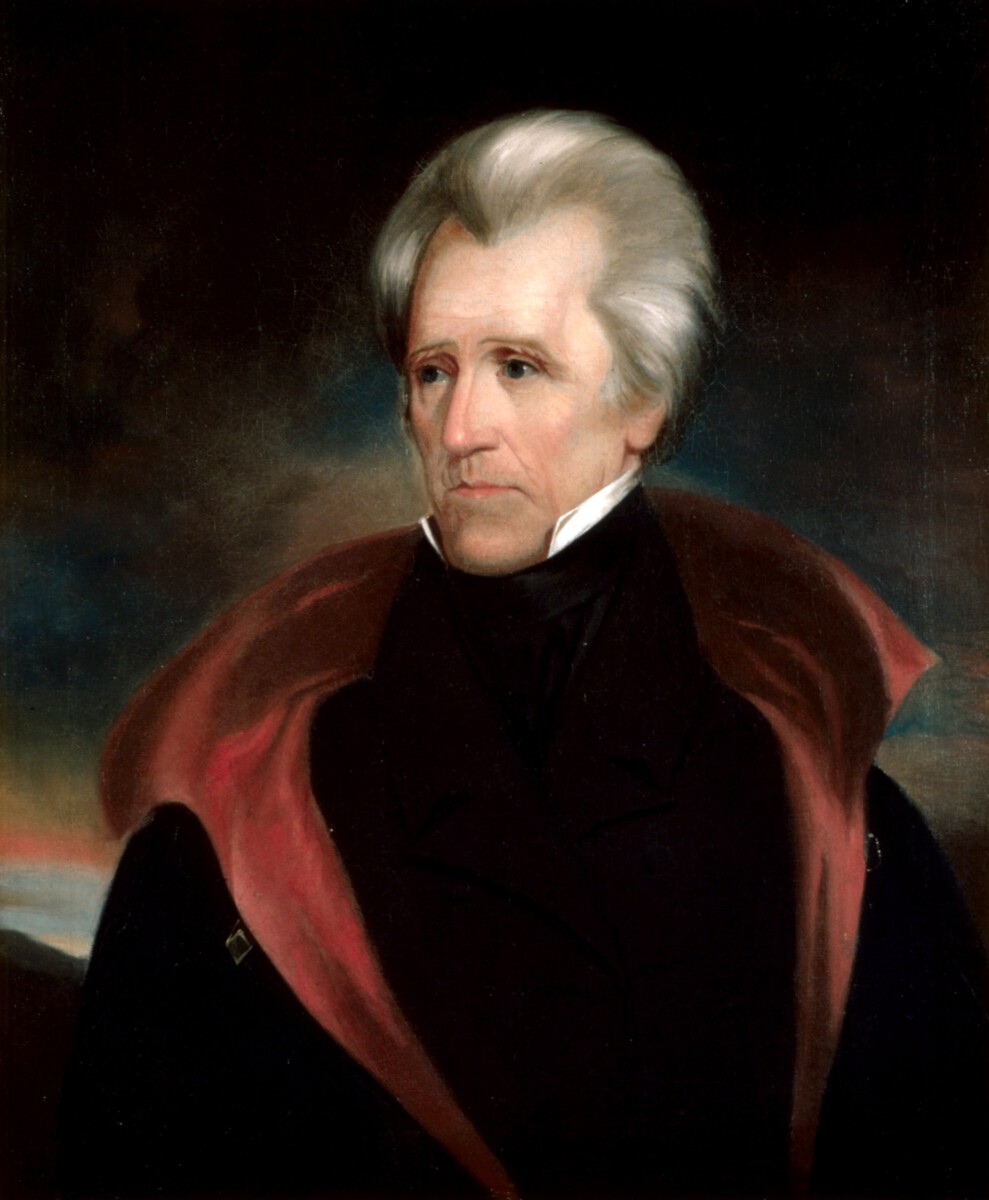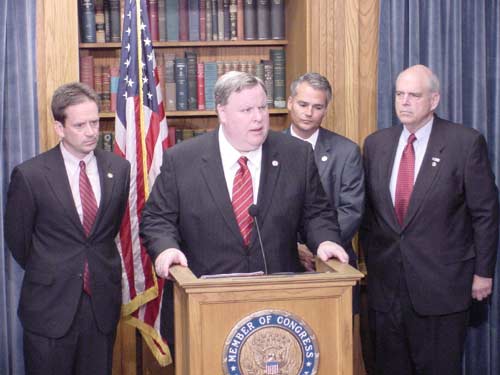The world of international trade is a complex and often unpredictable arena. Recently, former President Donald Trump made headlines with his unexpected decision to pause the full-scale trade war with China. This decision has left many wondering: is this a strategic pullback, or is it a calculated power play? As we delve into this topic, we’ll explore the various facets of this pause and what it might mean for the future of U.S.-China relations.
Unraveling the Trade War

The trade war between the United States and China has been a significant part of global economic discussions since it began in 2018. It all started when Trump imposed tariffs on Chinese goods, claiming that China was engaging in unfair trade practices and intellectual property theft. This move led to a retaliatory response from China, which imposed its own tariffs on American products. The result was a tit-for-tat escalation that caused ripples across global markets, increasing prices for consumers and creating uncertainty for businesses that depend on international trade.
The Surprising Pause

In a surprising move, Trump recently announced a temporary halt to further tariff increases. This decision caught many analysts off guard, as it came at a time when concerns about the economic impact of the trade war were mounting. The U.S. economy was showing signs of slowing down, and by stepping back, Trump may be trying to stabilize the market and reassure American businesses and consumers. This pause is seen as a potential lifeline for those feeling the pinch of the trade war’s effects.
Economic Ripples

The economic implications of this pause are far-reaching. Many economists argue that the trade war has played a role in slowing global economic growth. By pausing the conflict, Trump might be attempting to prevent further damage to the U.S. economy. This decision could also have political ramifications, as a healthy economy is often seen as a key factor in presidential elections. Businesses reliant on imports from China may find some relief from reduced uncertainty, potentially leading to increased investment and hiring.
Political Calculations

Trump’s decision to pause the trade war may not be purely economic. With the 2024 presidential election on the horizon, he may be seeking to win over voters who have been affected by higher prices resulting from tariffs. By presenting himself as a leader capable of negotiating peace, he might bolster his appeal among undecided voters. This move could be seen as an attempt to demonstrate a balanced approach to international trade, one that prioritizes American interests while avoiding unnecessary conflict.
China’s Cautious Optimism

China’s response to Trump’s pause has been one of cautious optimism. Chinese officials have expressed a willingness to engage in dialogue and negotiations, signaling a desire to resolve the trade conflict. However, there remains skepticism about whether this pause will lead to a lasting resolution. The history of U.S.-China trade relations is fraught with challenges, and it remains to be seen if this pause is merely a temporary reprieve or a step towards a more stable relationship.
Global Market Reactions

The announcement of the trade war pause had an immediate impact on global markets. Stock prices surged, reflecting investor optimism about a potential resolution to the conflict. This reaction highlights the interconnectedness of global economies and the significant influence that U.S.-China relations have on markets worldwide. Investors are hopeful that this pause could lead to a more predictable and stable trading environment.
Uncertain Future

Looking ahead, the future of U.S.-China trade relations remains uncertain. While the pause in hostilities may provide temporary relief, underlying issues such as intellectual property theft and trade imbalances still need to be addressed. The potential for renewed tensions looms large, and both countries will need to navigate these complex issues carefully. The outcome of this pause will likely have far-reaching implications for global trade and economic stability.
Implications for U.S. Consumers

The impact of the trade war on American consumers has been palpable, with increased prices on goods ranging from electronics to everyday essentials. The pause in the trade war offers a glimmer of hope for consumers who have been feeling the pinch. If the pause leads to a reduction in tariffs, it could result in lower prices and increased purchasing power for American families. However, the long-term effects will depend on the outcome of future negotiations.
Business Community Reactions

The business community has been closely monitoring the developments in the trade war, as it has significant implications for their operations. The pause has been met with cautious optimism, as businesses hope for a more stable and predictable trading environment. Companies that rely on imports from China are particularly hopeful that this pause will lead to a reduction in tariffs, allowing them to plan for the future with greater certainty.
Final Thoughts

The pause in the full-scale trade war between the United States and China raises important questions about the future of their relationship. Whether this move is a strategic pullback or a calculated power play remains to be seen. As the global economy continues to evolve, the implications of this pause will be felt far beyond the borders of the United States and China. The coming months will be crucial in determining whether this pause leads to a meaningful resolution or if tensions will flare up once again. What would you have guessed?







